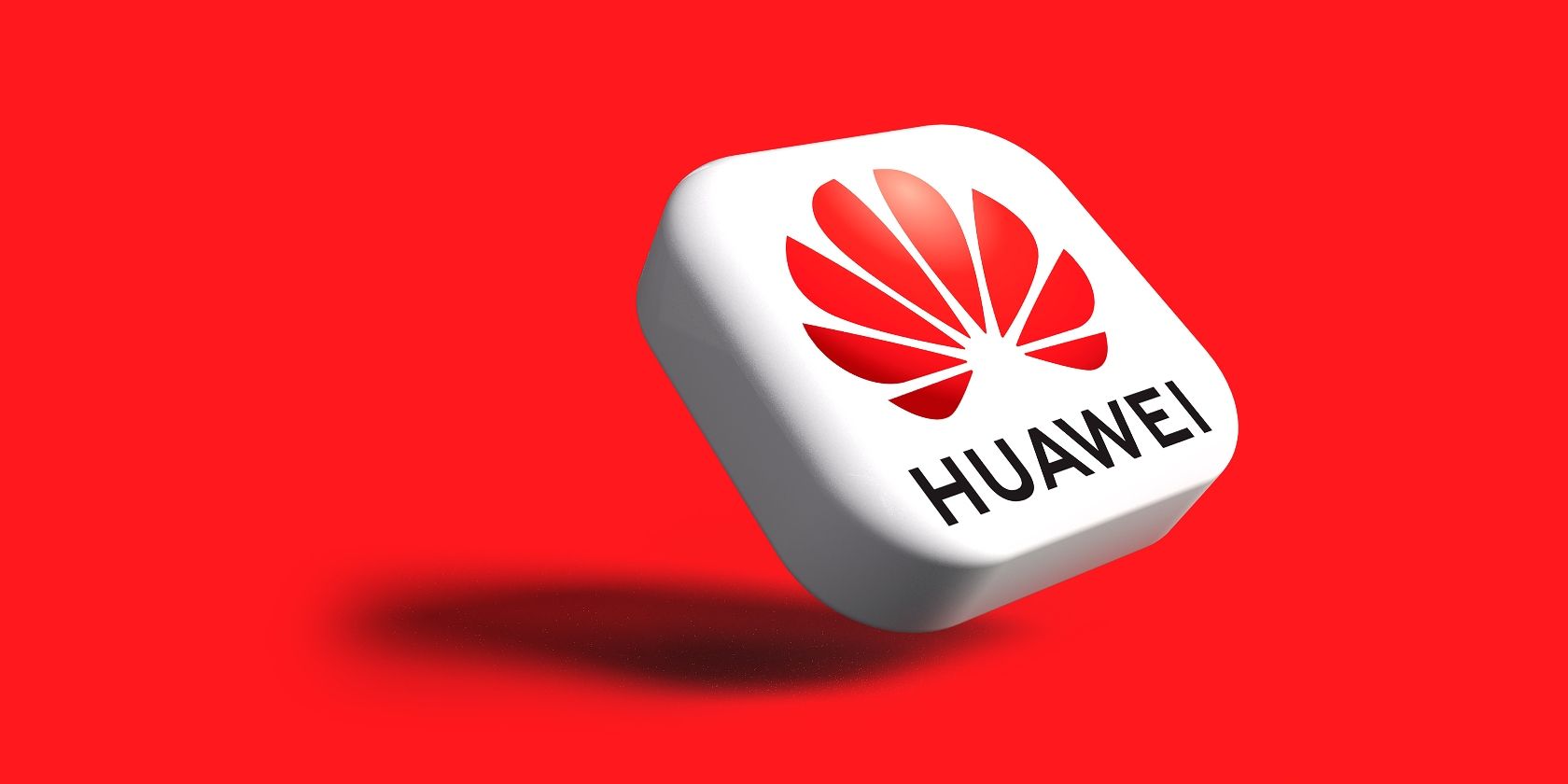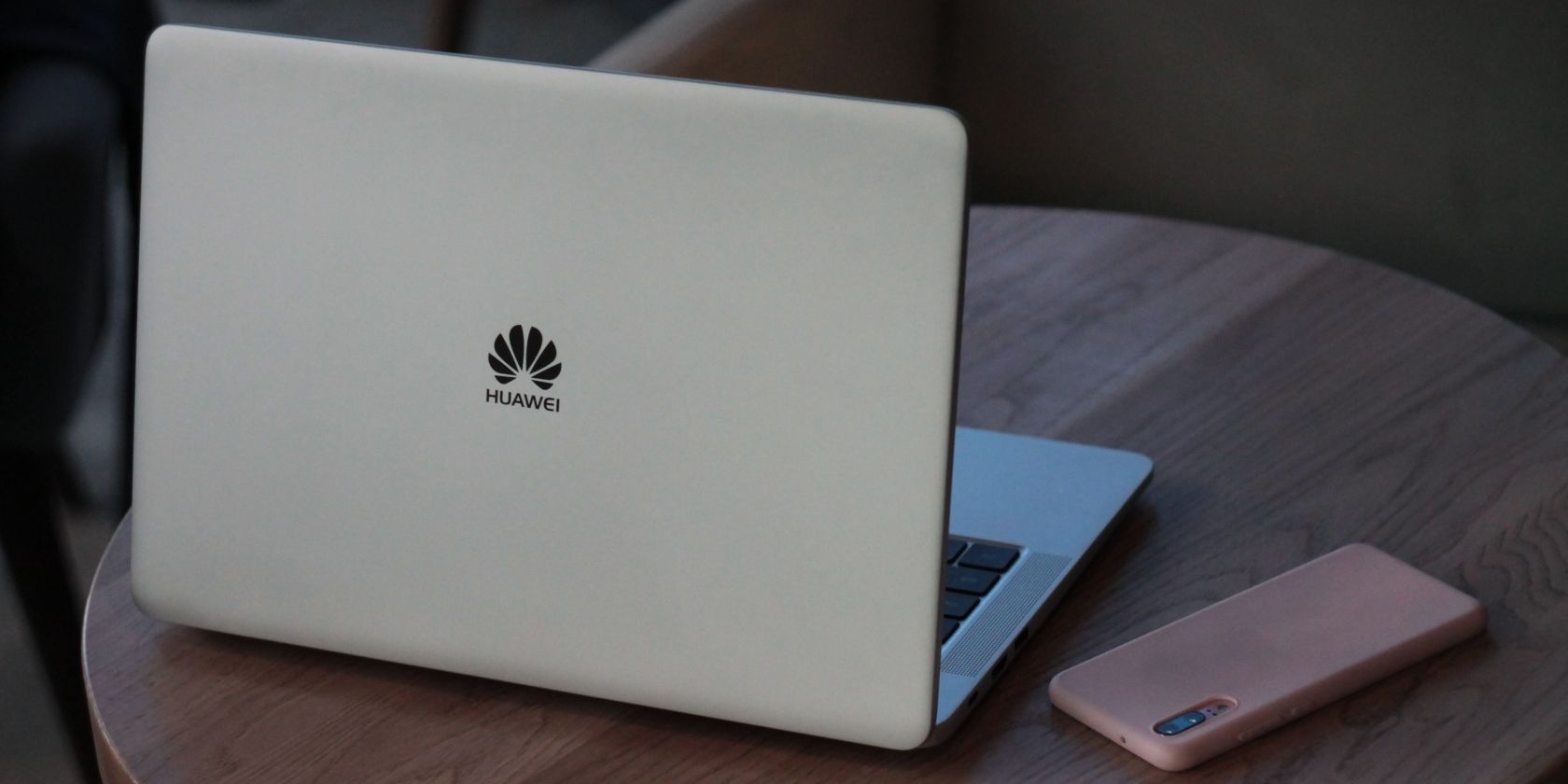The internet is a common thread helping people and organizations worldwide to stay connected daily. But sometimes, tech companies find themselves bearing the brunt of government bans in western countries—and some more than others.
This is what Huawei and ZTE are currently facing when Canada placed restrictions on both companies from operating in Canadian territory. But why are they banning these Chinese telecommunications companies? Let's find out.
Canada to Ban Huawei and ZTE
Canada declared it would ban Chinese telecommunications companies Huawei and ZTE from its 5G networks. Canadian companies have until 2024 to phase out any Huawei and ZTE 4G and 5G equipment and services, while they must retire LTE equipment from those same companies in 2027.
Canada's Industry Minister Francois-Philippe Champagne announced this on Thursday, May 19, 2022, at a news conference in the capital state of Ottawa.
Why Canada Is Banning Huawei and ZTE
Canada wants its citizens to have access to the best mobile internet infrastructure, which is 5G. And that makes sense, given that 5G provides faster internet speeds and better connectivity.
However, Canada also wants to improve the security of its mobile internet service industry, which explains why it is giving Huawei and ZTE the boot.
In his announcement, Champagne cited safety and security reasons. This comes after the Canadian government published a post about 5G as it relates to public safety on its website in 2019. As explained in the post:
The high level of interconnectivity and complexity in 5G networks means that an exploitation of vulnerabilities by malicious actors will be more difficult to safeguard against, and that incidents will have a broader impact than in previous generations of wireless technology.
The post stated that 5G would “become a crucial component of Canada’s critical infrastructure over the next few years.”
It is not surprising that Canada would want to improve its mobile internet infrastructure, given that the country has seen a rise in the demand for streaming services over the years. For instance, Statista shows that 56% of Canadians have been streaming more video content as of 2017.
And this isn’t the first time Western governments have targeted large Chinese telecommunications companies over security concerns. In 2021, the US banned China Telecom and China Unicom from providing their services in the country.
It also prohibited the Federal Communications Commission (FCC) from granting telecommunications equipment licenses to Chinese companies that it deemed to be a threat. Huawei itself was placed on the US trade restrictions list in 2019, crippling its ability to produce mobile devices.
Canada, therefore, joins its western allies in banning Huawei from using its 5G network. Canada is part of the Five Eyes, an intelligence alliance that also includes the UK, New Zealand, Australia, and the US. It was the only country in the alliance that hadn’t yet banned the use of Huawei’s equipment, so it was only a matter of time before it followed suit.
While Chinese phones can be cheap, unfortunately, they come with privacy concerns that would warrant governments stepping in to address them for state security.
Who Will Be Affected by Canada's Huawei and LTE Ban?
The move will somewhat affect mobile internet users. If you care about your privacy, you probably shouldn’t buy Huawei phones. Consider buying smartphones from other trusted brands instead. Your best bet would be investing in smartphones that are best for privacy and security.
However, it is businesses that will feel the pinch of this ban. Companies that use Huawei and ZTE equipment and services must stop using them altogether, remove the installed equipment, and replace them with alternatives.
Will Huawei Survive in the Long Run?
Huawei’s ban from so many western countries continues to cripple its ability to operate in the western world. It's hard to imagine that the household brand that gave people access to a cheaper smartphone could be forgotten in the future.
But it's understandable, given the security concerns surrounding Huawei's equipment and services. With that, we can’t help but wonder how much longer it will survive and whether it will be able to bounce back with a new strategy to help it stay afloat.



.jpg)

